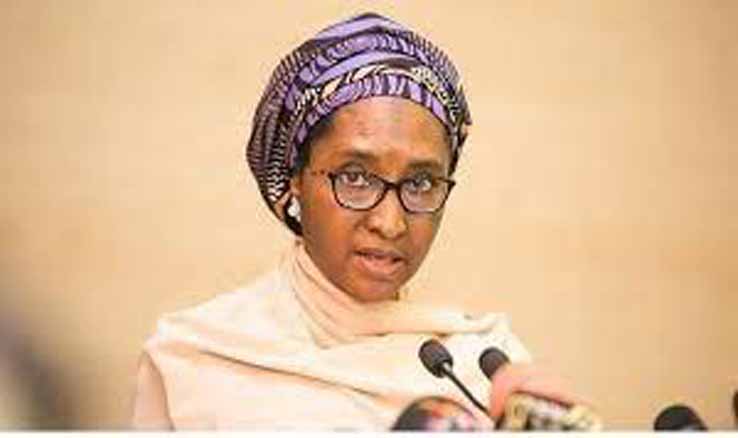The Federal Executive Council (FEC) presided over by President Muhammadu Buhari, on Wednesday, October 6, approved the 2022 Appropriation Bill for an aggregate expenditure of N16.39 trillion.
It also affirmed its plan to do more borrowings to finance the N6.258 trillion deficit in the proposed 2023 budget.
Minister of Finance, Budget and National Planning, Mrs. Zainab Ahmed, disclosure this while briefing State House Correspondents.
According to her, “If we just depend on the revenues that we get, even though our revenues have increased, the operational expenditure of government, including salaries and other overheads, is barely covered or swallowed up by the revenue. So, we need to borrow to be able to build these projects that will ensure that we’re able to develop on a sustainable basis.
Nigeria’s borrowing, has been of great concern and has elicited a lot of discussions. But if you look at the total size of the borrowing, it is still within healthy and sustainable limits.
As at July 2021, the total borrowing is 23% of GDP. When you compare our borrowing to other countries, we’re the lowest within the region, lowest compared to Egypt, South Africa, Brazil, Mexico, the very lowest, and Angola.
READ ALSO: We are borrowing sensibly – Minister of Finance, Zainab Ahmed
We do have a problem of revenue. Our revenues have been increasing. We just reported to Council that our revenues from non-oil has performed, as July, at the rate of 111%, which means outperforming the prorated budget.
But our expenditure, especially staff emoluments have been increasing at a very fast rate making it difficult to cope with funding of government.
So, what we have to do is a combination of cutting down our cost, as well as increasing revenue to be able to cope with all that is required for government to do, including salaries, pensions debt service, as well as capital expenditure.”




